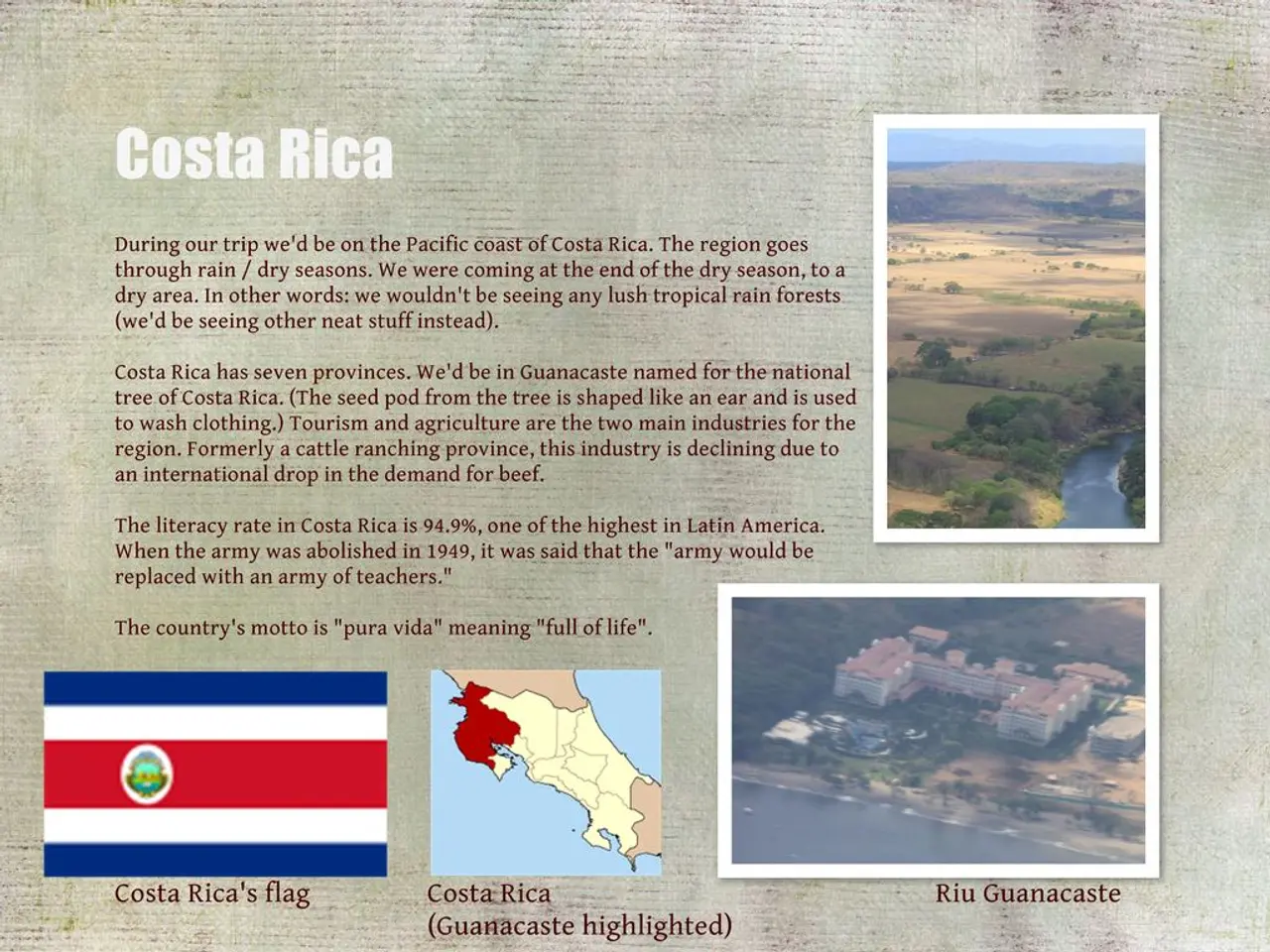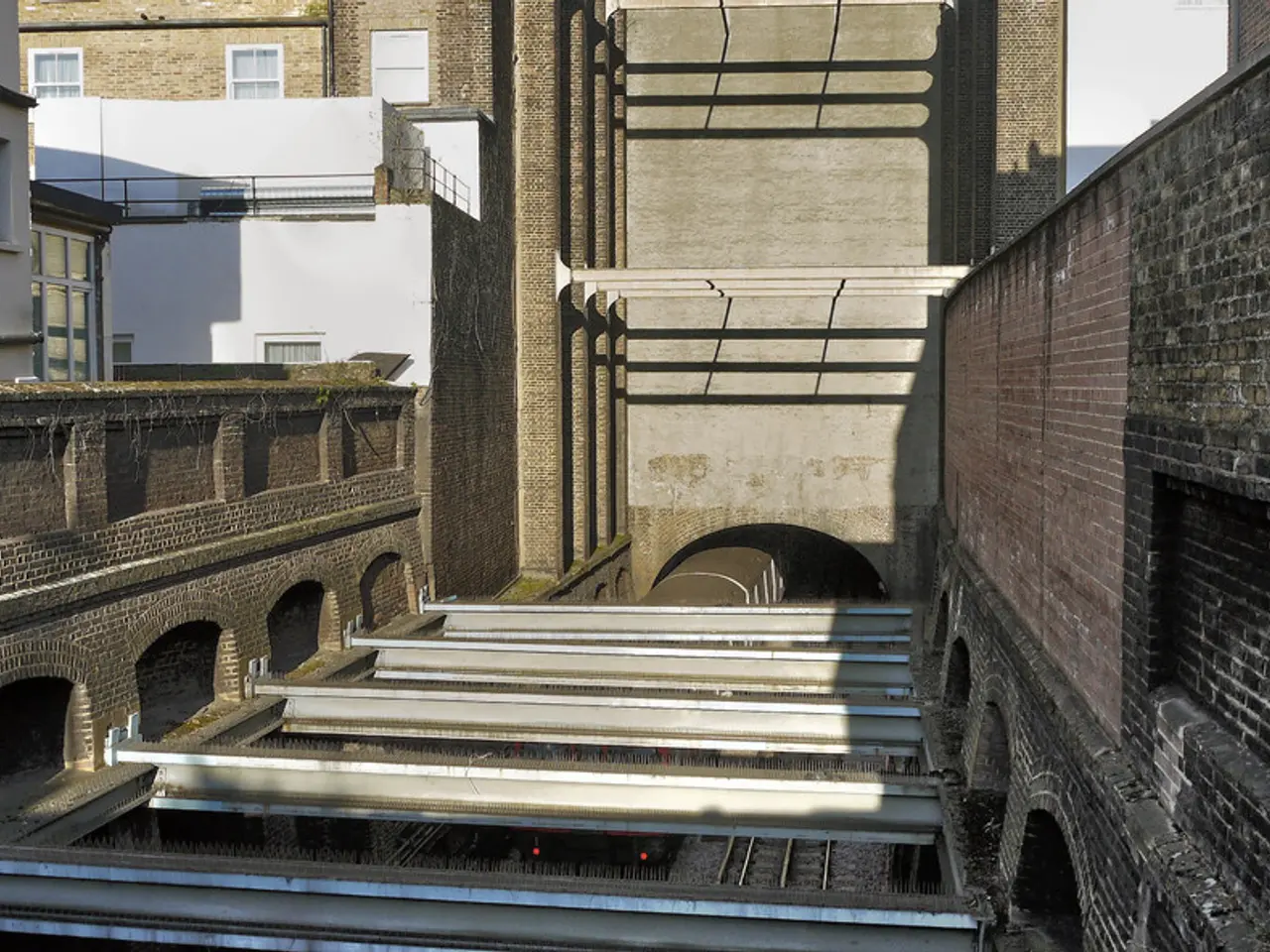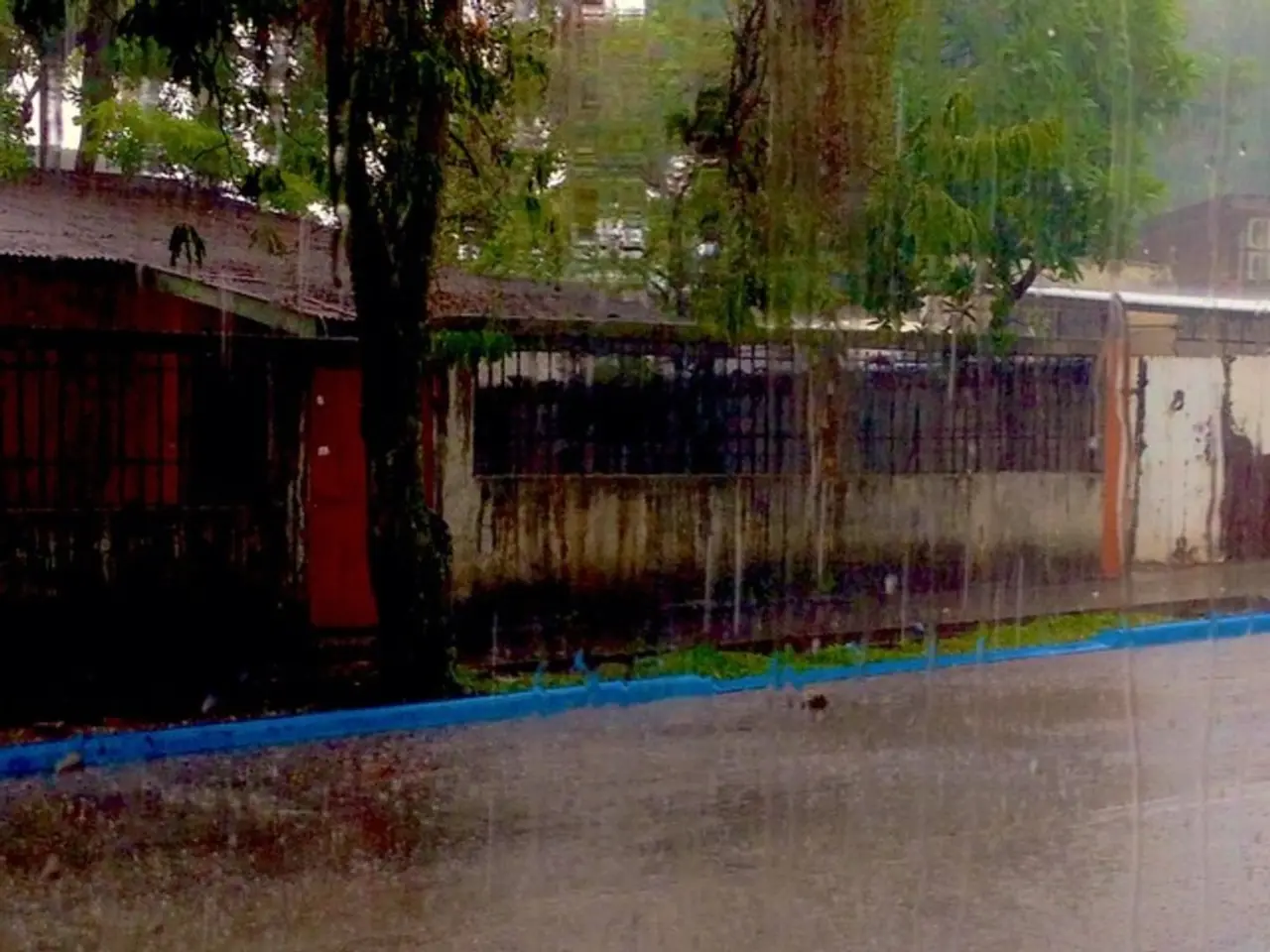Presidential term limits in El Salvador have been formally abolished, enabling President Bukele to run for office again.
El Salvador's constitutional reform, allowing President Nayib Bukele to seek indefinite re-election, has drawn severe criticisms and concerns from international rights groups. They warn this reform marks a troubling step towards authoritarianism by undermining democratic safeguards and concentrating power.
The reform, which was passed with 57 out of 60 votes in Congress, extends presidential terms from five to six years and does away with a second round of voting in elections. Human Rights Watch (HRW) officials have highlighted parallels with Venezuela's path to dictatorship, noting that indefinite re-election risks eroding democracy gradually, even if the regime is popularly elected.
The Inter-American Court of Human Rights has also cautioned that the greatest threat to democracy in the region is not sudden constitutional breakdowns but a slow dismantling of democratic institutions, which this reform exemplifies.
Opposition voices inside El Salvador and international observers describe the reform and the extended presidential term as anti-democratic moves that consolidate Bukele's near-total control over the government.
The political context in which the reform was passed has also raised concerns. Mass arrests under a state of emergency targeting human rights defenders, journalists, and government critics have contributed to fears that the constitutional change is part of a broader repression and weakening of civil liberties rather than a genuine democratic process.
Mauricio Acevedo, a teacher in San Salvador, expressed his concern about the reforms, stating, "While some of the actions have been good, the bad will only grow." Marcela Villatoro, an opposition lawmaker, denounced the constitutional reforms, stating, "Democracy has died in El Salvador due to the reforms' approval."
The wave of arrests targeting human rights defenders and government critics has prompted dozens of journalists and humanitarian workers to flee the country. Miguel Montenegro of the nongovernmental Human Rights Commission stated that the reforms dismantled what little democracy remained in El Salvador.
Under the ongoing emergency regime, roughly 88,000 people have been arrested on gang-related charges. Thousands were detained arbitrarily, and more than 400 have died in custody, according to rights groups. Bukele, in a speech, brushed off international criticism over the arrest of humanitarian activists.
Bukele enjoys enormous support at home for his campaign against criminal gangs. However, his 2024 re-election had already sparked concern, with critics arguing it violated the constitution and was enabled by a ruling by loyalist judges.
The reform also synchronizes legislative, presidential, and municipal elections, shortening the current presidential term by two years, moving general elections to March 2027.
[1] Inter-American Court of Human Rights [2] Human Rights Watch [4] Opposition voices inside El Salvador and international observers
- The Inter-American Court of Human Rights has expressed concern about the erosion of democracy in El Salvador, cautioning that the greatest threat to democracy in the region is not sudden constitutional breakdowns but a slow dismantling of democratic institutions, as exemplified by the constitutional reform.
- Human Rights Watch (HRW) officials have highlighted parallels between El Salvador's constitutional reform and Venezuela's path to dictatorship, believing that indefinite re-election risks eroding democracy gradually, even if the regime is popularly elected.
- Opposition voices inside El Salvador and international observers describe the constitutional reform and the extended presidential term as anti-democratic moves that consolidate President Nayib Bukele's near-total control over the government.








